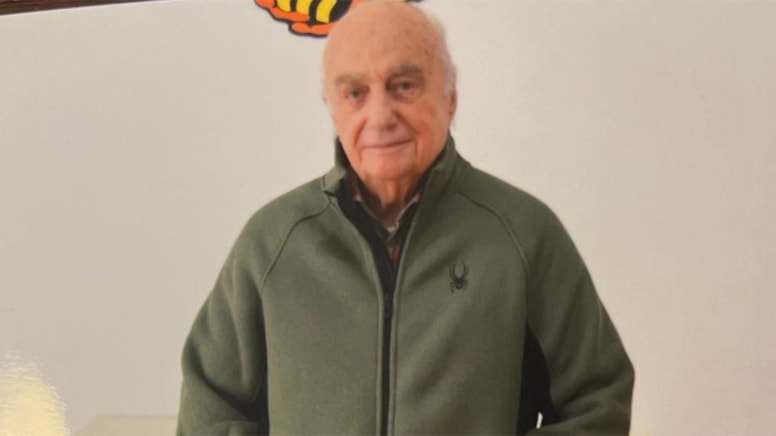Nilgül Doğan, the wife of 83-year-old retired general Çetin Doğan, has announced that her husband’s incarceration has led to a significant deterioration of his health, resulting in risks to his life, the Stockholm Center for Freedom reported, citing the Cumhuriyet daily.
“A medical examination has revealed a severe worsening of his health over the past 45 days,” Nilgül Doğan said in a statement. “At this point, there is no difference between sending my husband from the hospital to the prison or sending him to his death.”
According to the statement, Çetin Doğan had a near-death experience on the night of February 29 when he was barely able to push the emergency button before losing consciousness due to high blood pressure.
However, it took the authorities three hours to take him to the hospital, according to Nilgül Doğan.
“He has spent the last 14 years of his life in three different prisons due to unjust rulings delivered in trials that were political in nature,” she said.
Behind bars since August 2021, Doğan is reportedly suffering from several health problems including heart disease, diabetes and dementia.
He is serving a life sentence over his alleged involvement in a 1997 military memorandum that led to the forced resignation of the government.
Also known as the “February 28 process,” the memorandum was one of the major military interventions in politics in contemporary Turkish history, leading to a crackdown on political parties and politicians accused by the military establishment of seeking to dismantle Turkey’s secular order.
Nilgül Doğan in her statement called for the implementation of Article 104 of the constitution, which authorizes President Recep Tayyip Erdoğan to halt the execution of sentences in cases of illness, disability or dementia.
Erdoğan himself saw his political career impacted by February 28, having to step down as mayor of İstanbul and being imprisoned for four months in 1999 over his recital of a nationalist poem during a rally.
Critics have accused him of perpetuating the cycle of persecution, becoming like his former oppressors who exerted political influence over the judiciary and locking his opponents up in vindictive trials.



